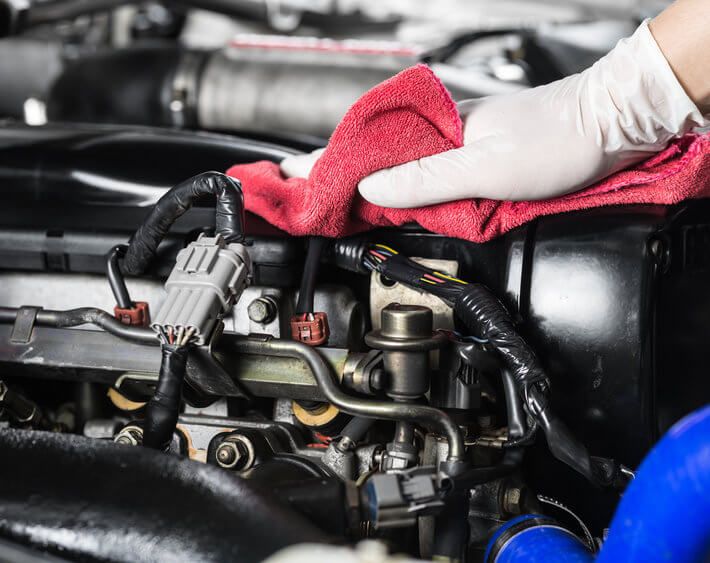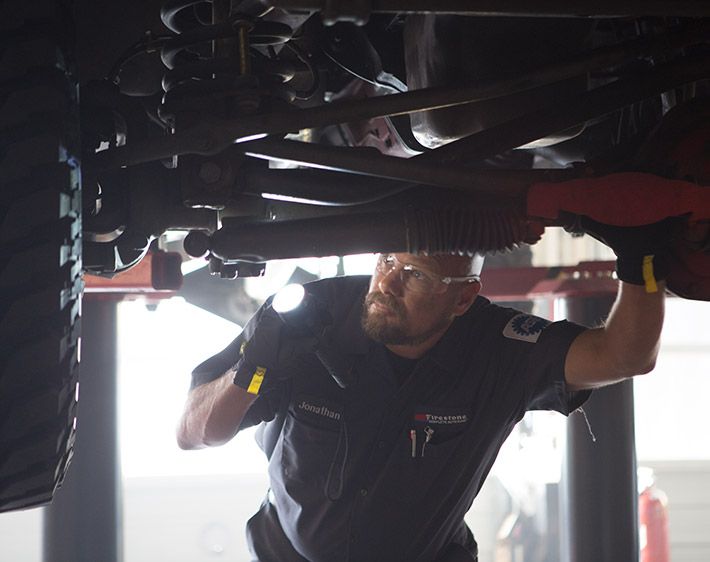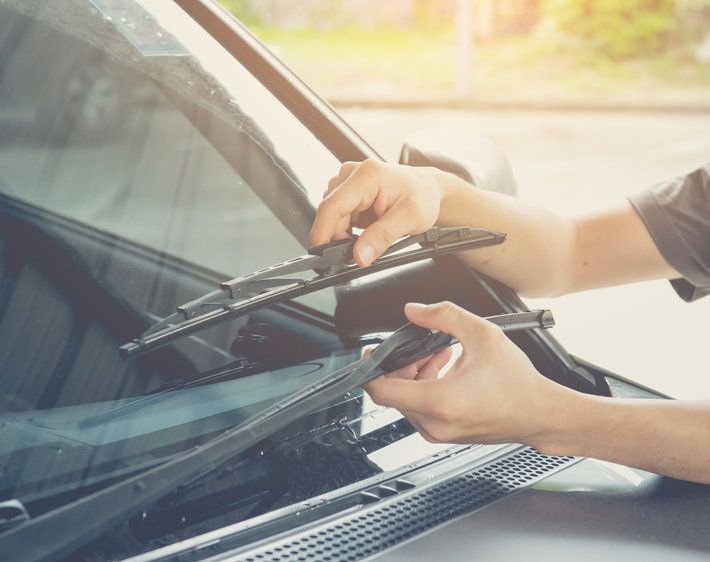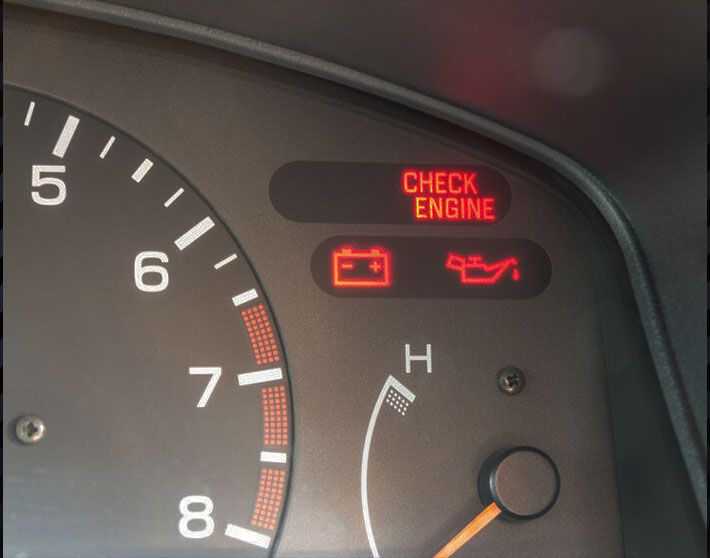If there’s something everyone can agree on, it’s that cars can make weird noises. It could be a squeal, a clunk, or even a rumble and roar. If the sound is closer to a "knock," you may be dealing with problems under the hood—problems that could cause engine damage if left unresolved. Read on to learn what causes engine knocking and why it's truly no joking matter.
What Is An Engine Knock?
Knocking occurs when fuel burns unevenly in your engine's cylinders. When cylinders have the correct balance of air and fuel, fuel will burn in small, regulated pockets instead of all at once. (Think sparklers, not fireworks.) After each pocket burns, it creates a little shock, igniting the next pocket and continuing the cycle. Engine knocking happens when fuel burns unevenly and those shocks go off at the wrong time. The result? An annoying noise and potential damage to your engine's cylinder walls and pistons.
What Could Cause Engine Knocking?
Faulty Spark Plugs
What’s happening: Your engine’s spark plugs deliver the electric spark that ignites the cylinder’s fuel/air mixture. In other words, spark plugs are essential to getting your engine up and running! Like other parts in your car, spark plugs age and break down over time. Most auto manufacturers recommend having new spark plugs installed about every 30,000 miles, but spark plug longevity depends on the condition and type of spark plug. If you’re not using a manufacturer recommended spark plug, or your spark plugs have seen better days, this could be what’s causing that distracting knock.
Why it matters: Left unreplaced, faulty spark plugs could lead to a drop in engine power and a loss of fuel economy. Check out our handy guide to spark plugs to learn more about these little bolts of lightning.
What to do: Fortunately, spark plug replacement is a pretty budget-friendly fix. Firestone Complete Auto Care's tune-up service includes Bosch Iridium spark plug installation, in addition to air and fuel filter replacement and a fuel system cleaning. Regular tune-ups can bring power and efficiency back to your car and potentially put an end to engine knocking. If you're not sure when your spark plugs were last replaced, schedule an appointment at your local Firestone Complete Auto Care. Our technicians can help you determine which tune-up service is right for you!
Low-Octane Fuel
What’s happening: Gasoline comes with different octane ratings, which is why you have so many options when you pull up to the pump. The higher a fuel’s octane rating, the more compression it can withstand before igniting. If your engine was engineered to handle high-octane fuel, using the regular kind could lead to excess engine noise.
Why it matters: High-octane fuel does tend to be more expensive than regular fuel. While saving a few bucks at the pump may seem like a great reason to go with regular, engine knocking means it may be time to spend a little more. Long-term use of the wrong fuel could damage your engine and decrease your fuel economy. When you’re getting fewer miles per gallon—and potentially paying for engine repairs down the line—cheaper gasoline won’t be saving you any money at all.
What to do: First, check your owner's manual. What's your recommended fuel type and are you using it? If needed, step up your octane level at your next fill up or use an octane booster to increase performance. If this doesn’t seem to help after a few fill-ups, your problem might stem from something else.
Carbon Deposits
What’s happening: All fuel sold in the United States is required to include carbon cleaning detergents to help prevent carbon deposits from clogging up your cylinders. Unfortunately, some deposits still form. When they do, there’s less room for the fuel and air to reside, leading to increased compression. As you learned with fuel, changes in fuel compression can lead to nasty knocking sounds.
Why it matters: Excess carbon buildup can lead to problems in the combustion process and damage your engine's cylinders. The resulting decrease in performance can also lead to lower gas mileage or overheating. Noticing a theme?
What to do: Have your cylinders cleaned by a professional. Briggs and Stratton, an engine manufacturer, recommends that you check your cylinder for carbon build-up every 100 hours of operation, just to be safe. If you're short on time and expertise, feel free to bring your car to your local Firestone Complete Auto Care for an inspection and tune-up. Our technicians can help your engine get back in shape!
End engine knocking at Firestone Complete Auto Care
If your car's engine knocking has you stumped, stop by your nearest Firestone Complete Auto Care and let our technicians get to the bottom of the noise. Depending on your vehicle, manufacturer recommendations, and mileage, a maintenance tune-up may be just what your car needs. The solution could be as simple as a basic spark plug replacement, or it may require more in-depth adjustments. Schedule your appointment online today! It's time to make your drive smooth and quiet again.



